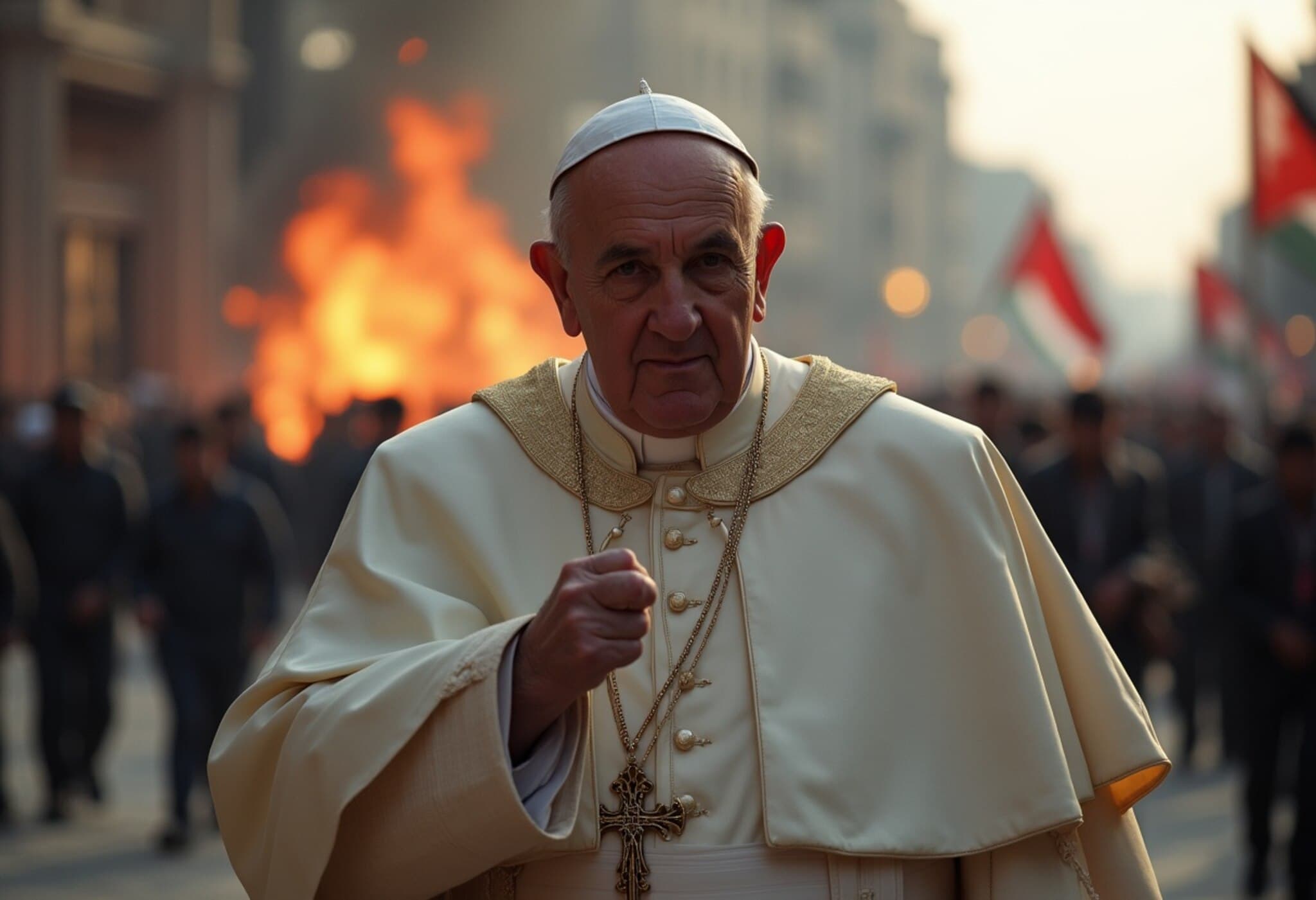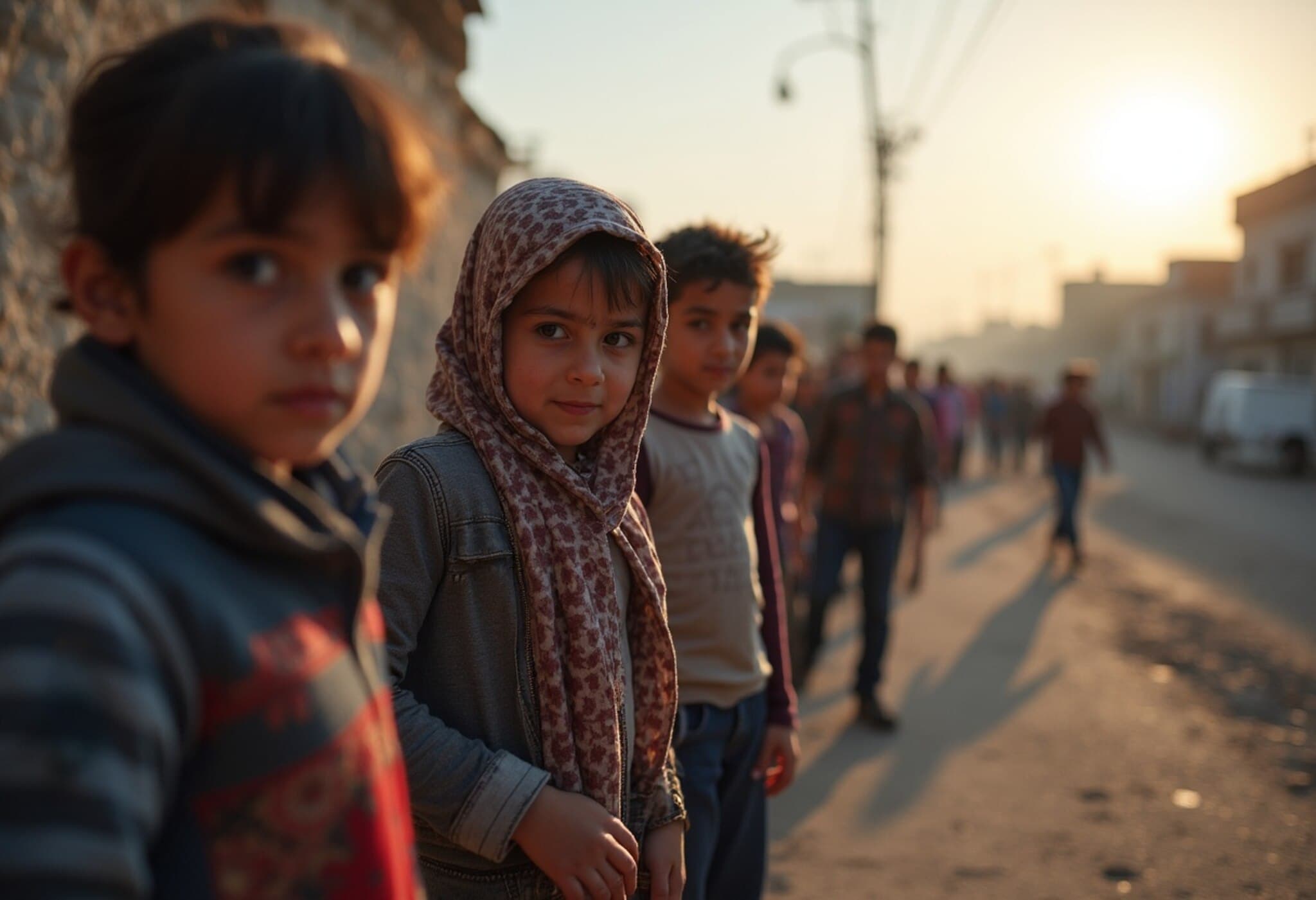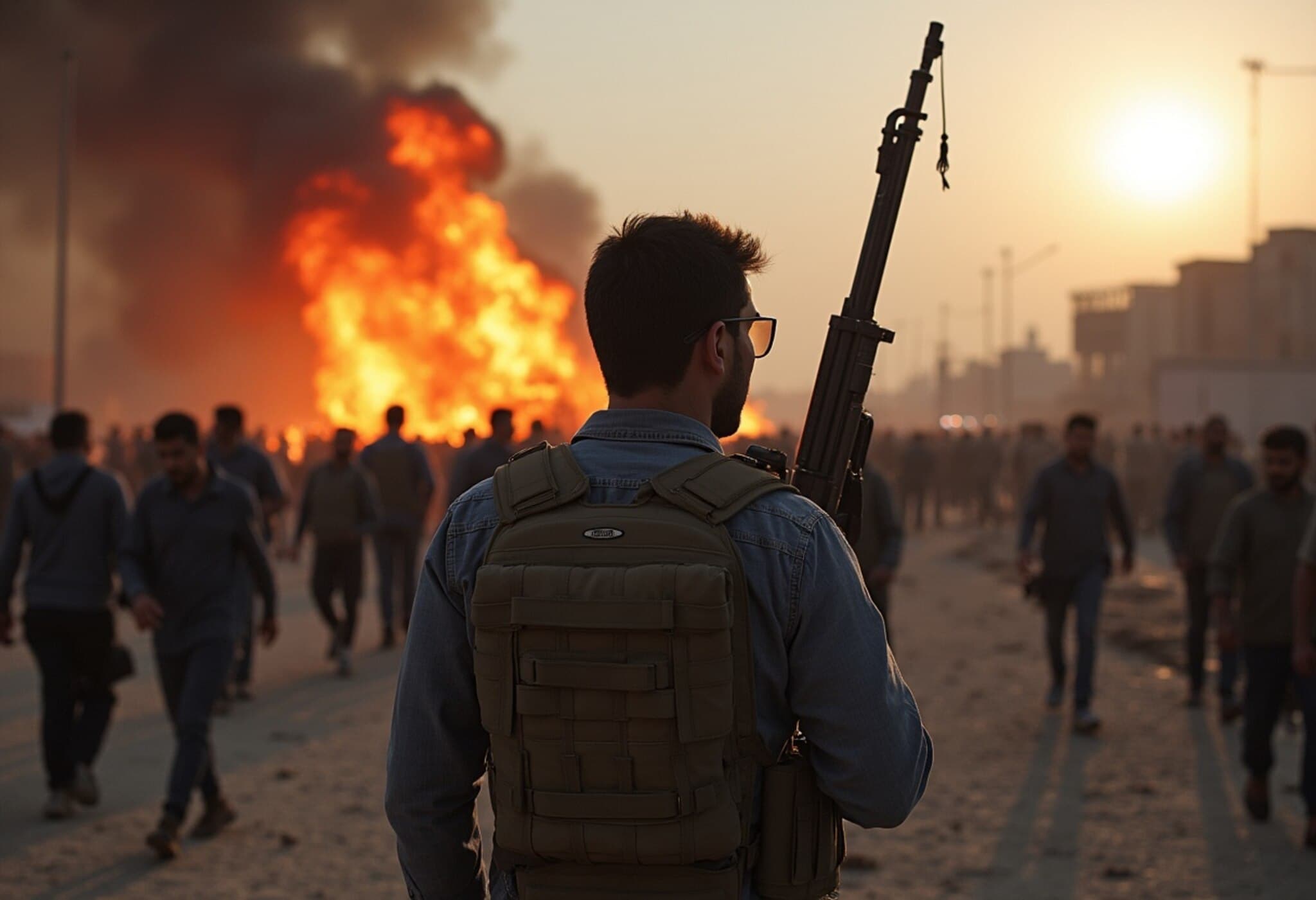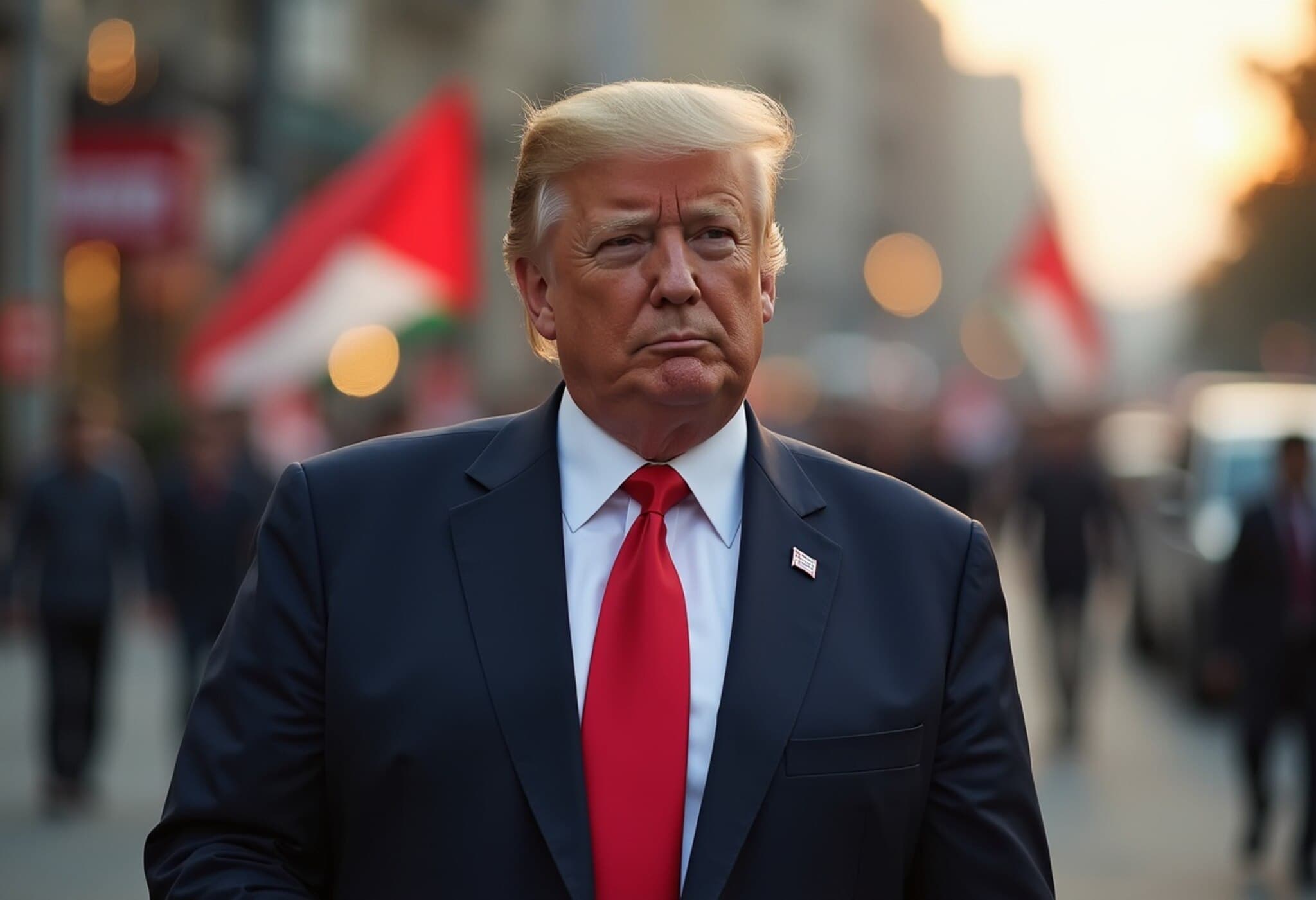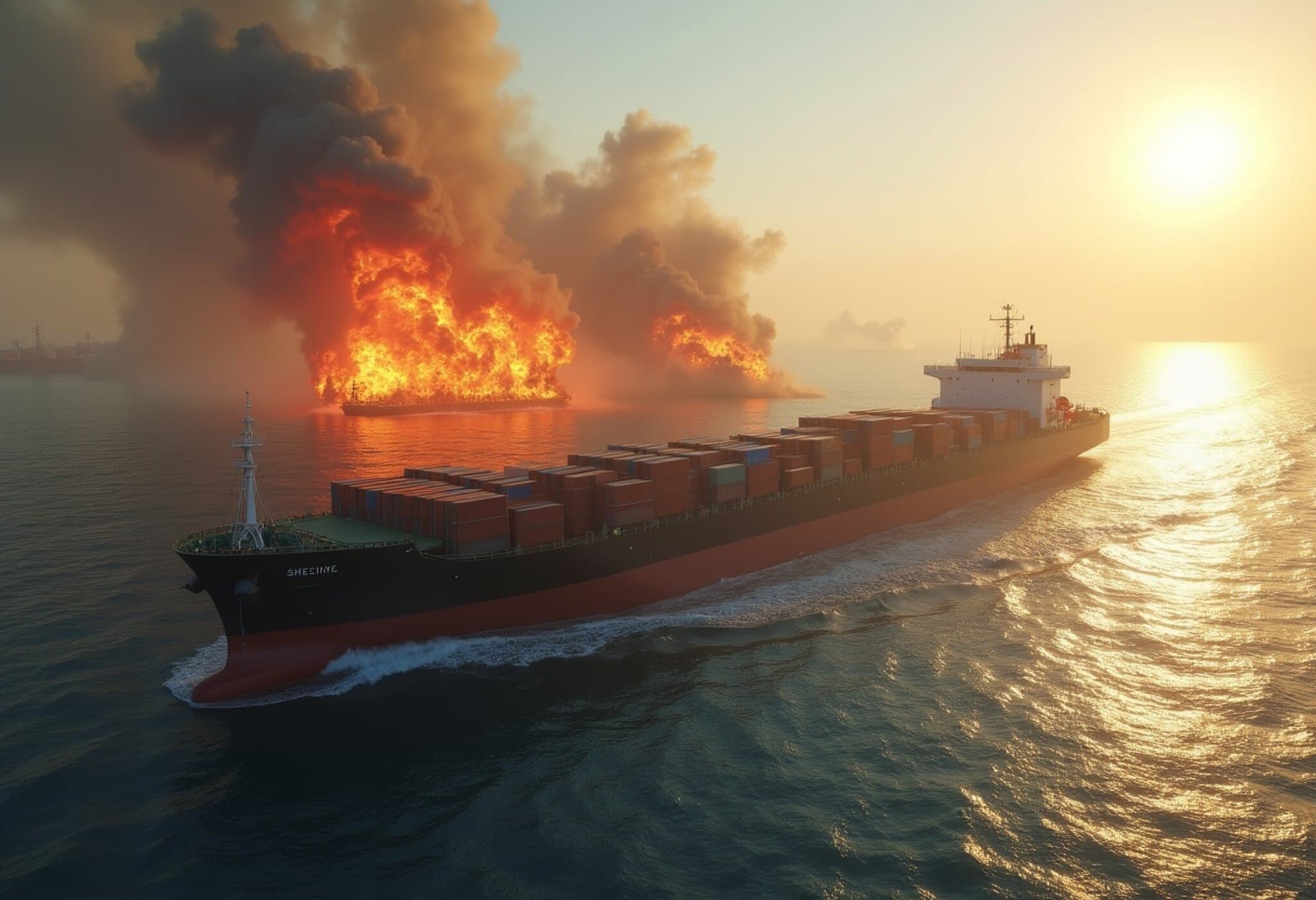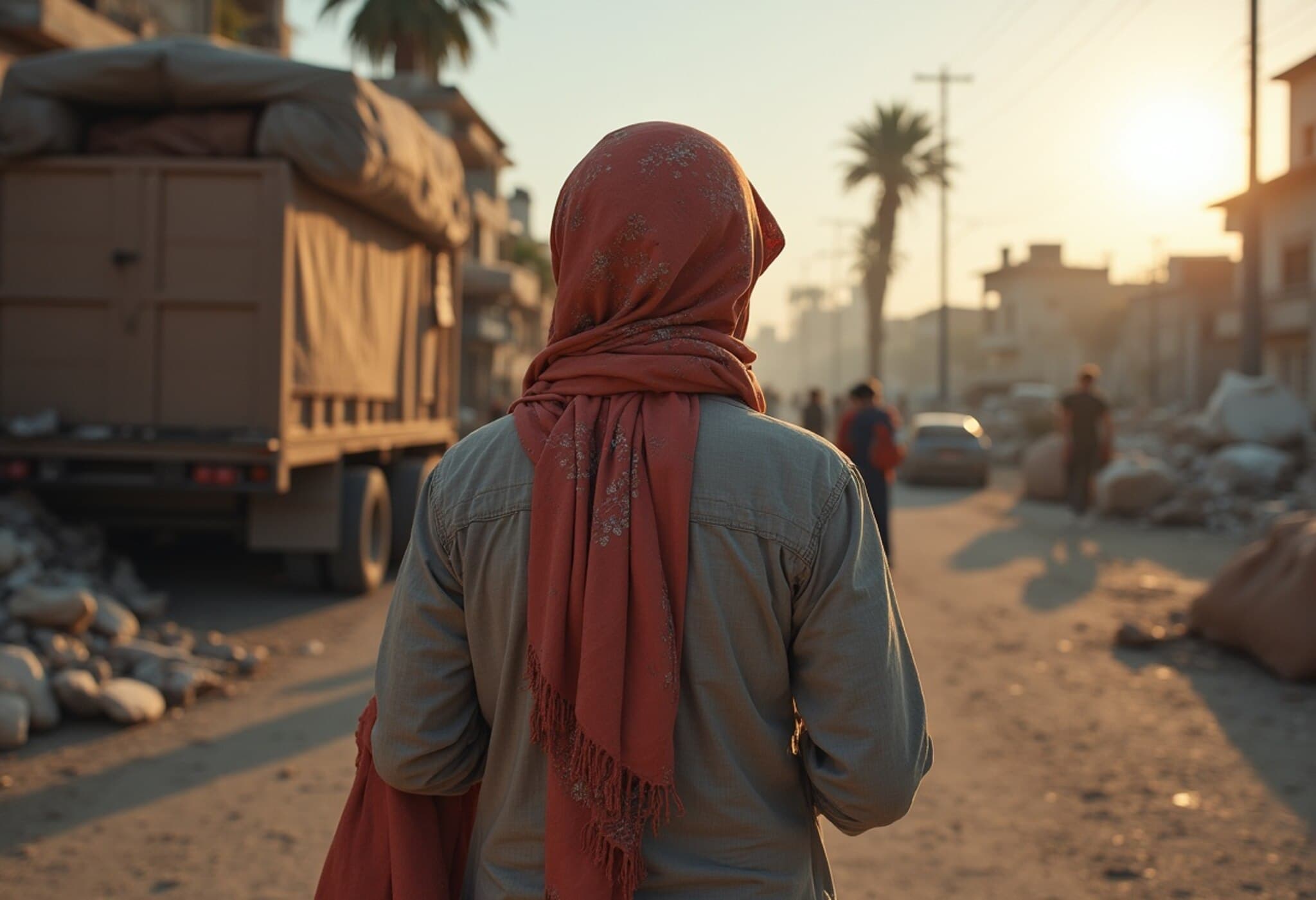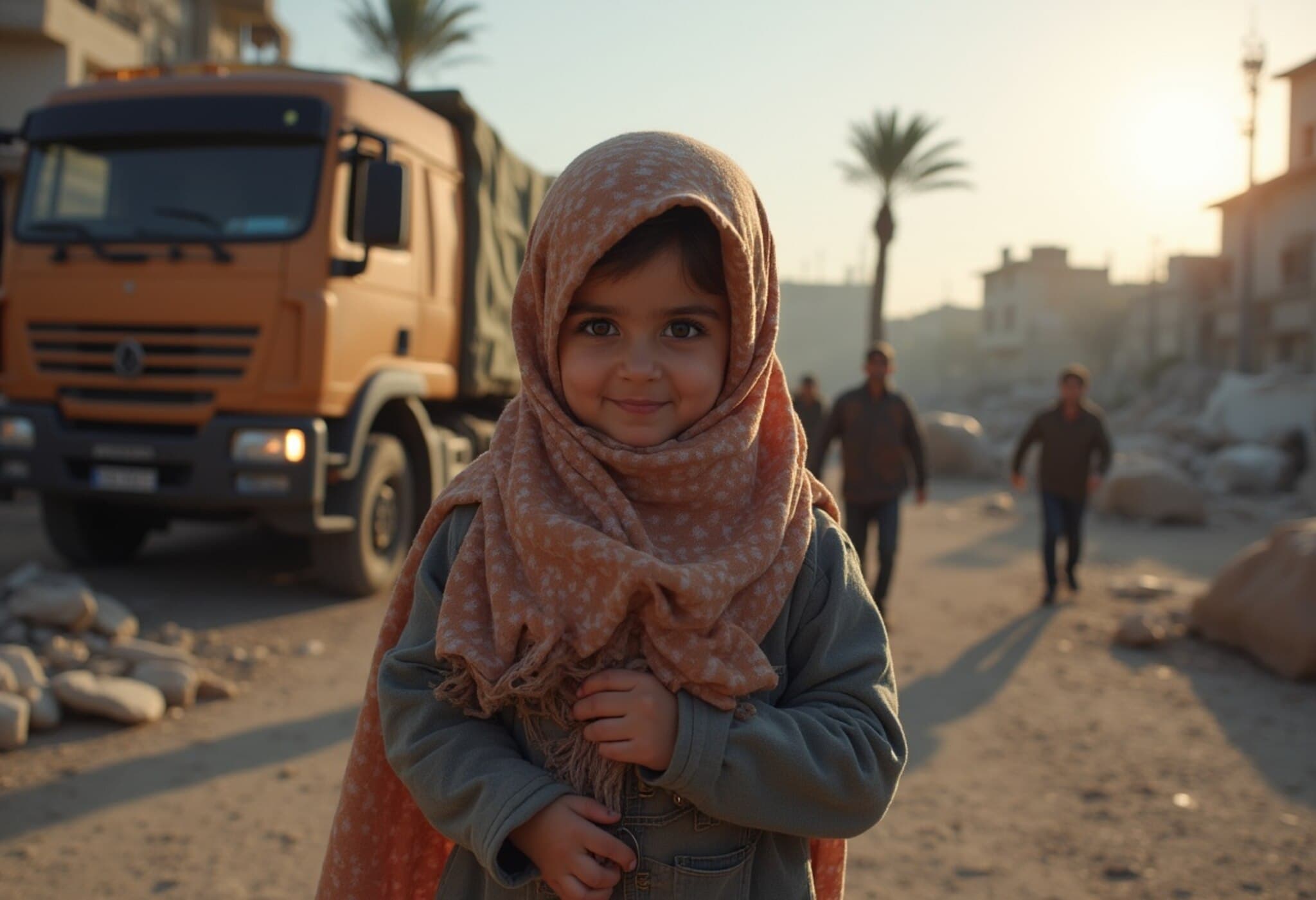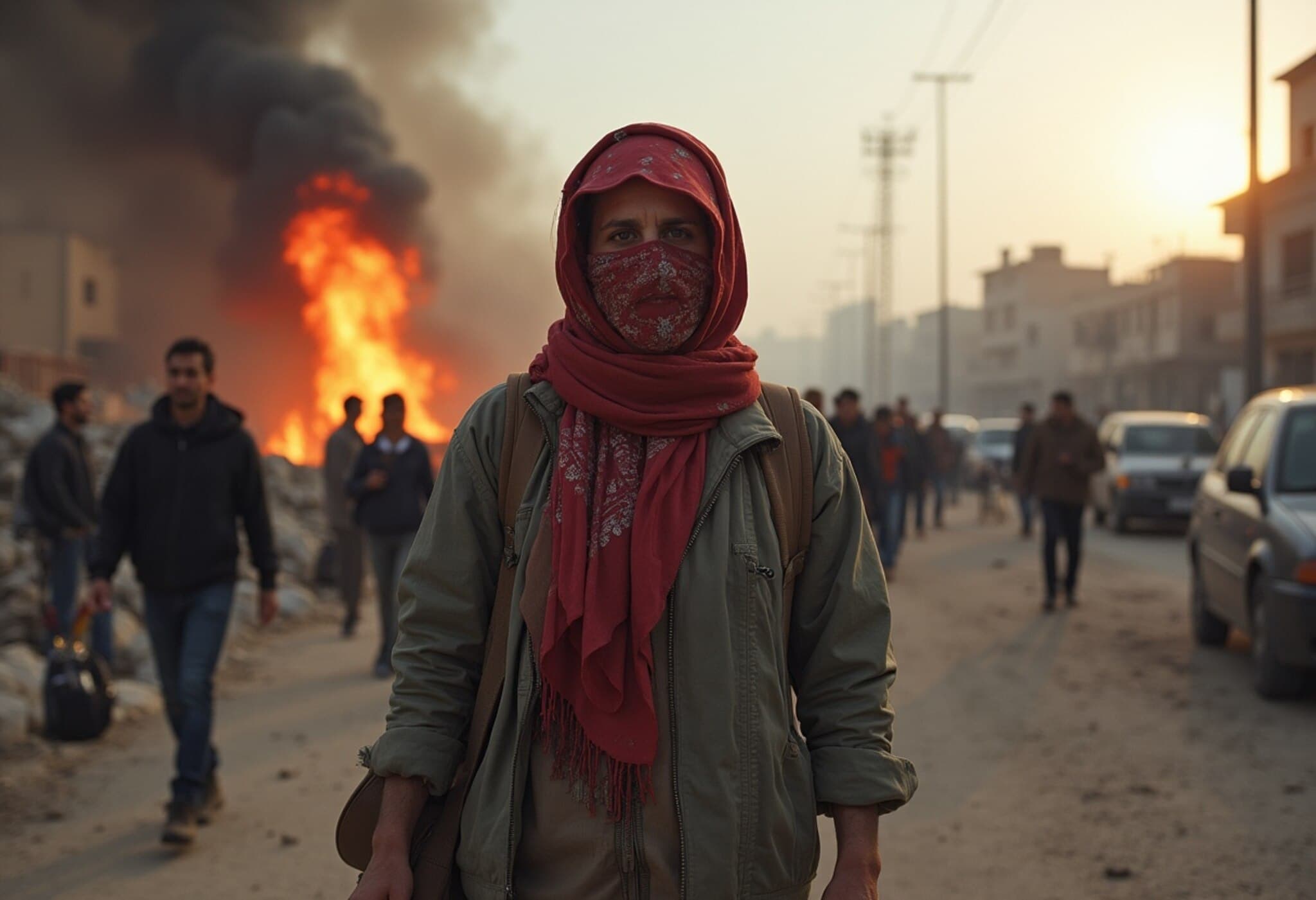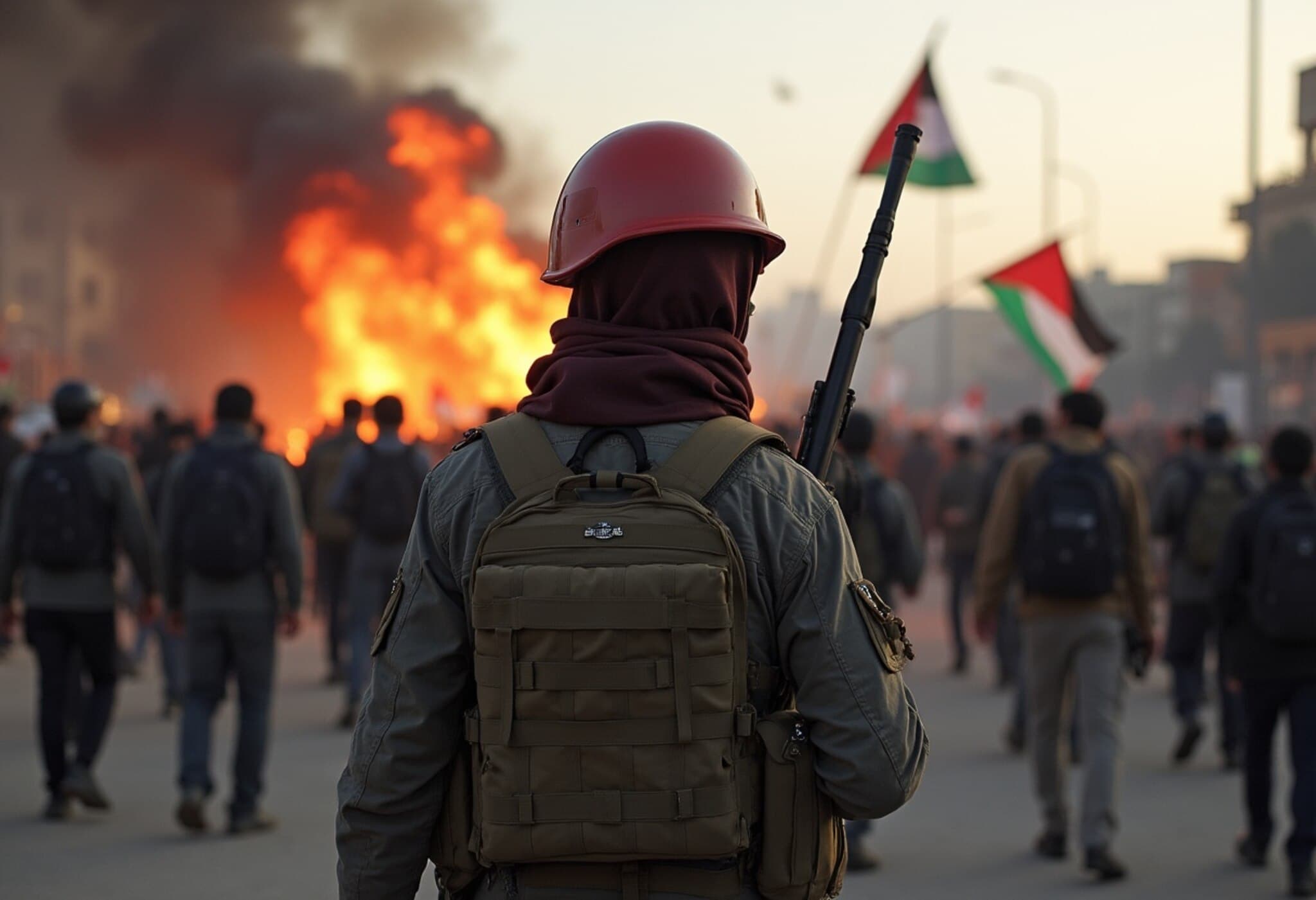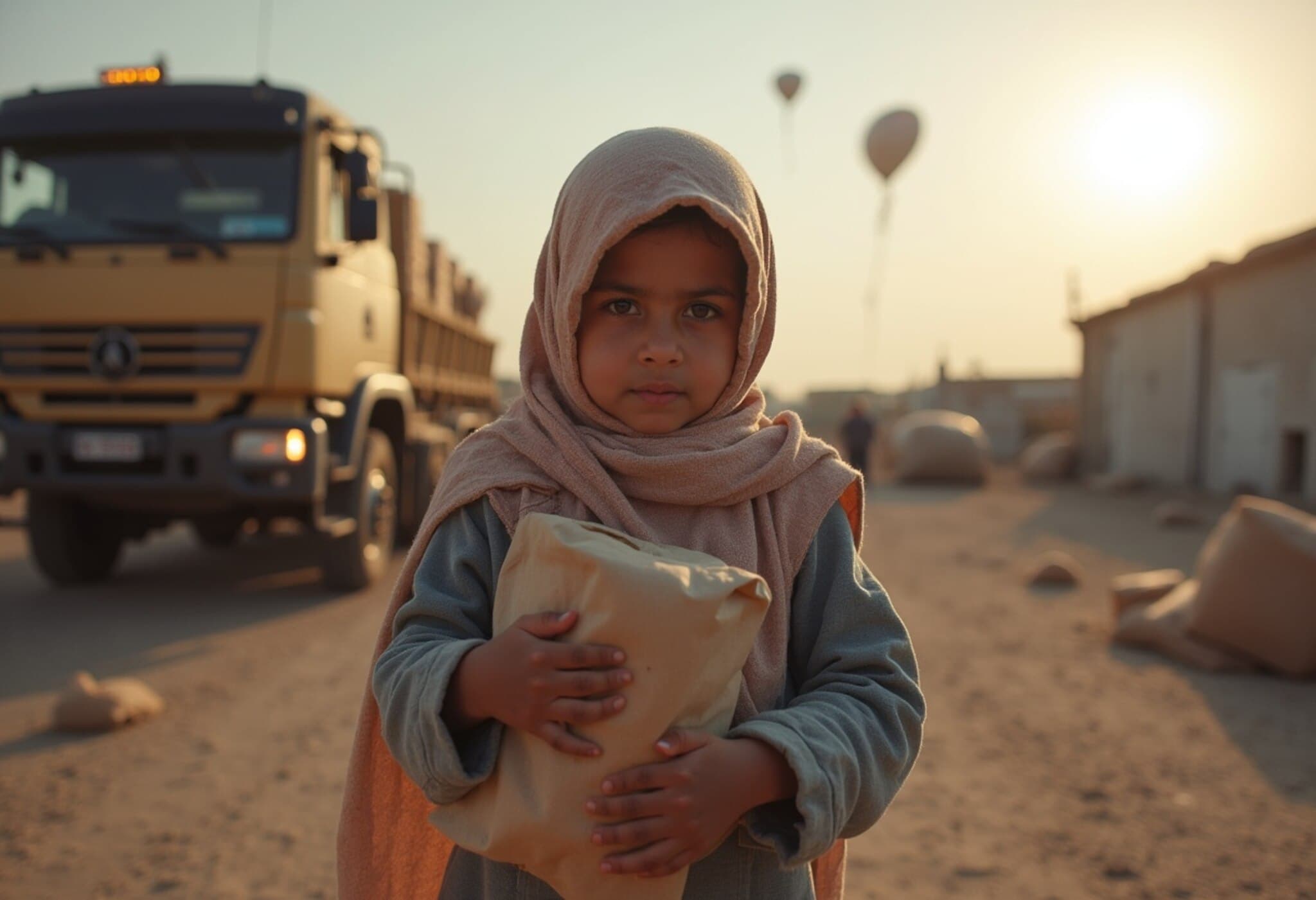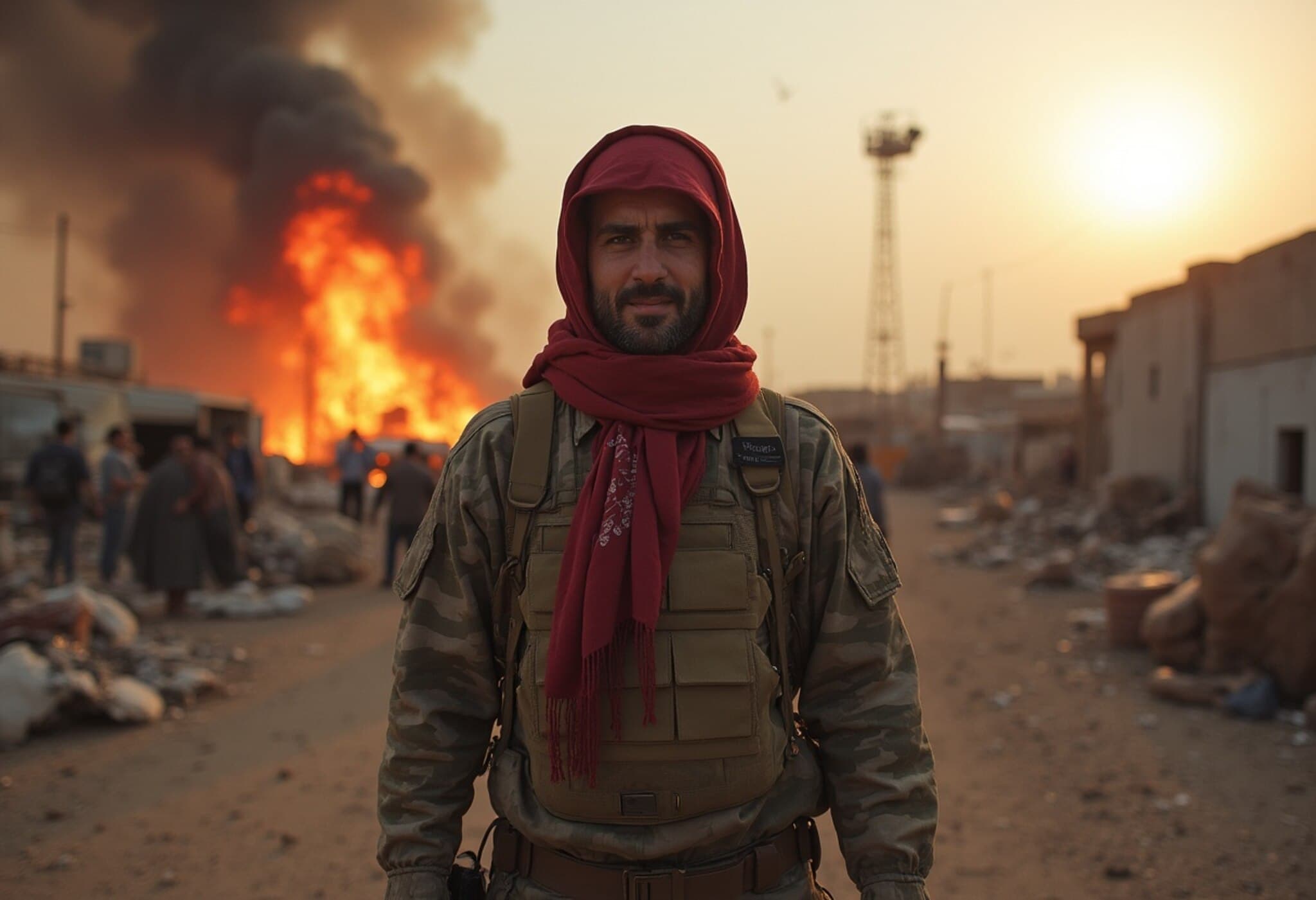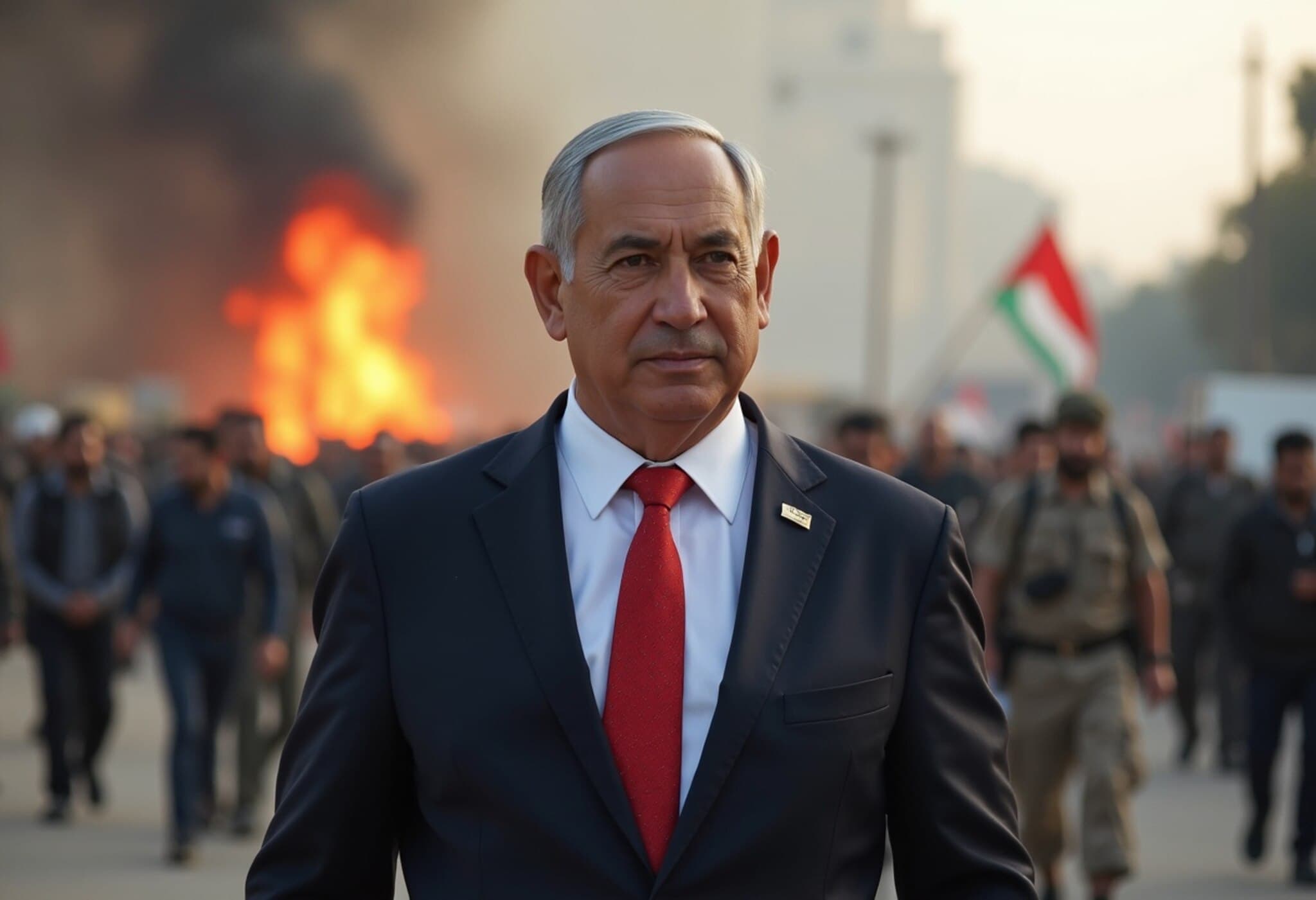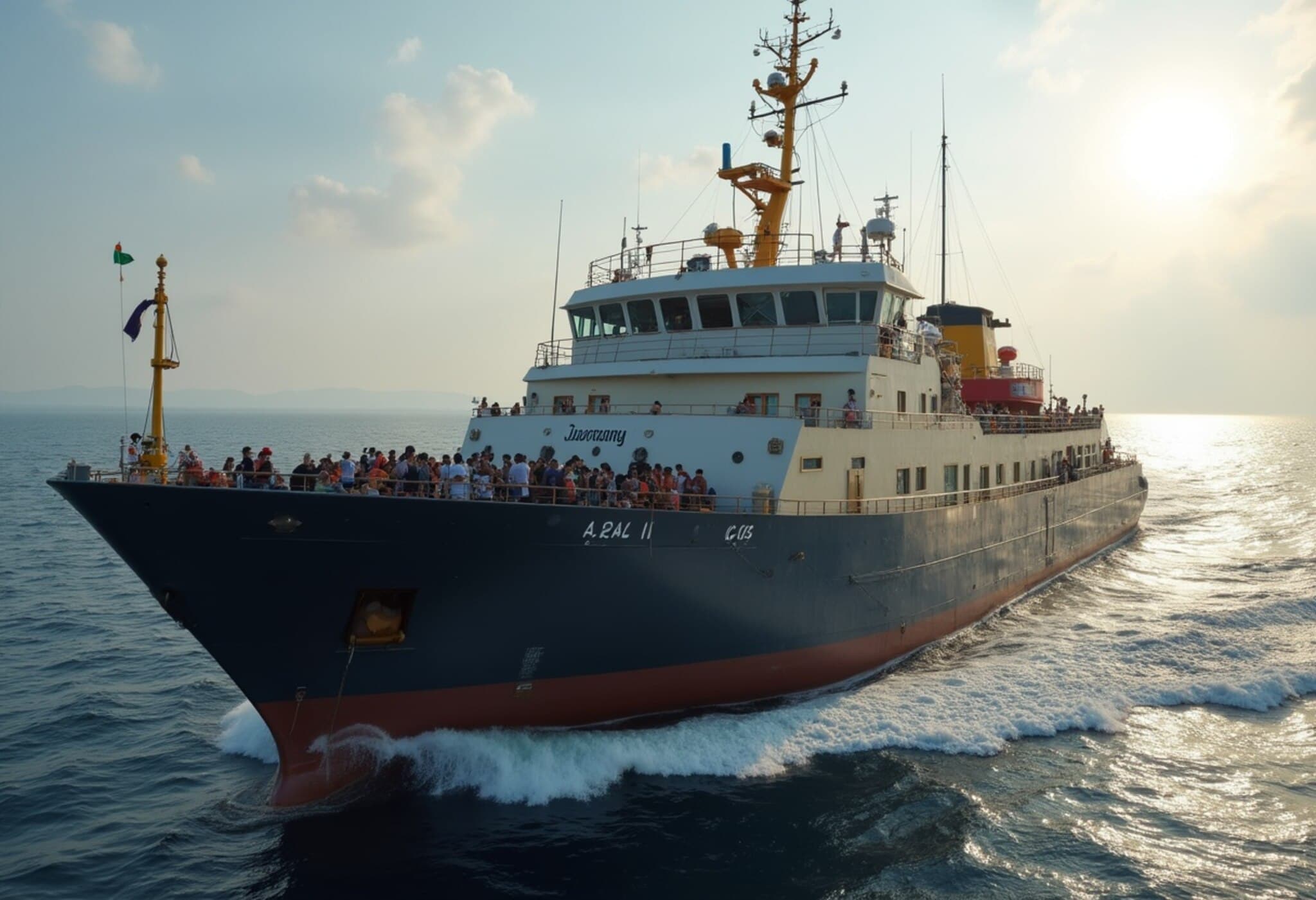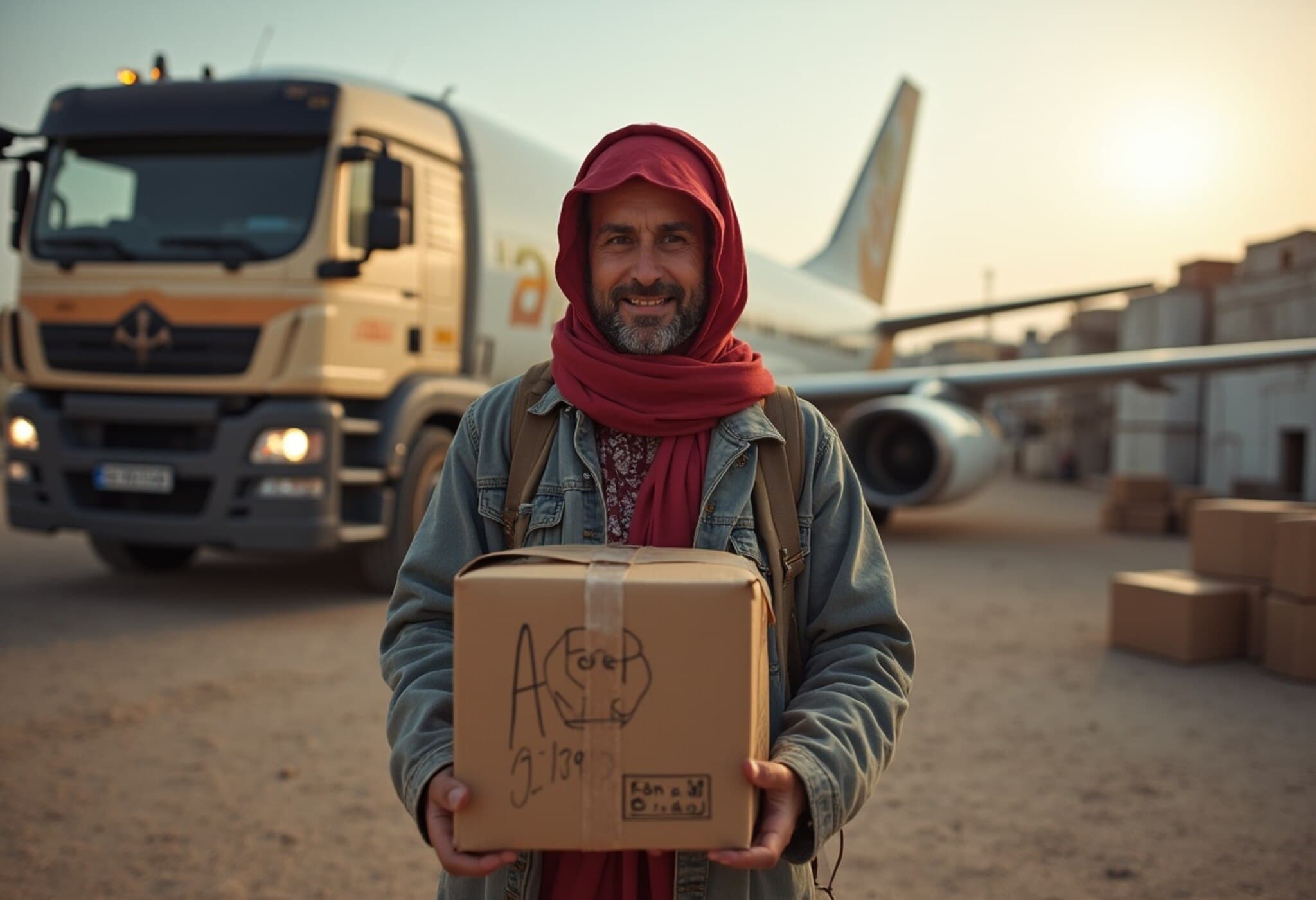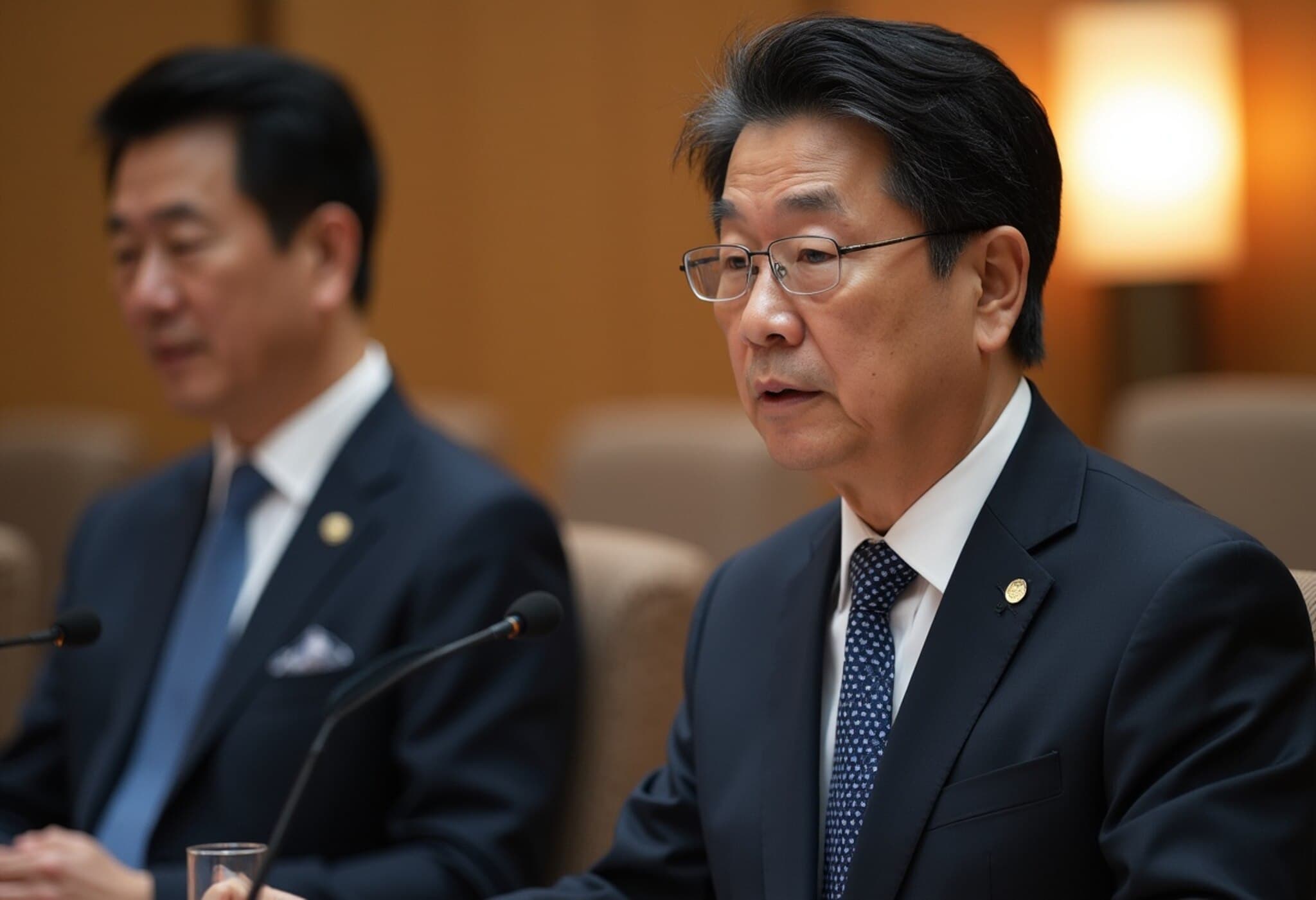Pope Leo XIV Decries ‘Barbarity’ as Gaza Faces Deadly Food Queue Attack
In a heartfelt appeal from his summer residence at Castel Gandolfo near Rome, Pope Leo XIV has strongly condemned what he described as the “barbarity” and “indiscriminate use of force” plaguing Gaza. His statement comes in the wake of a harrowing incident where at least 85 Palestinians, predominantly in northern Gaza, were killed while waiting for desperately needed food aid.
The pontiff called for an immediate end to hostilities and urged the international community to uphold humanitarian law, emphasizing the protection of civilians and places of worship in this deeply entrenched conflict. “I appeal to the international community to observe humanitarian law and respect the obligation to protect civilians,” Pope Leo XIV stressed, underscoring the need to cease collective punishment and forced displacement.
Food Aid Convoy Turned Tragedy
The tragedy unfolded when a convoy of 25 United Nations trucks, carrying critical food supplies under the World Food Programme (WFP), entered Gaza amid soaring hunger and scarcity. According to WFP’s official statement, as the trucks reached the Zikim crossing near the Israeli border, “massive crowds of hungry civilians” gathered to receive aid — a moment that turned fatal when gunfire erupted.
Gaza’s health ministry, cited by The Guardian, reported that 69 casualties were caused by Israeli fire at this aid queue. Dr. Mohammed Abu Salmiya, director of al-Shifa hospital, described the grim scene, confirming 48 bodies and 150 wounded individuals admitted early Sunday. Although identifying the attackers remains challenging, these events have intensified humanitarian concerns worldwide.
Escalating Military Operations and Civilian Displacement
The Israeli military acknowledged firing upon the crowd but disputed casualty numbers, claiming the group posed a security threat. Further compounding the crisis, Israel ordered evacuations in parts of central Gaza previously spared from ground incursions, including the city of Deir al-Balah. Airstrikes hit residential neighborhoods, forcing families to flee urgently, according to Reuters.
The military justified its operations as aimed at dismantling “terrorist infrastructure,” urging civilians to leave the targeted districts to minimize harm. Nevertheless, these actions have contributed to widespread displacement and heightened fears amid an already devastated population.
UN Sounding Alarm Over Starvation of Gaza Civilians
The United Nations Relief and Works Agency for Palestinian Refugees (UNRWA) voiced grave alarm at what it termed Israel’s effective siege leading to the “starvation of civilians,” including over a million children. Infants are reportedly succumbing to severe acute malnutrition, a dire indicator of the humanitarian depth of the crisis.
Since the Gaza Humanitarian Foundation (GHF), supported by the US and Israel, took over aid distribution in May, food availability has plunged and inflation soared, leaving thousands dead while attempting to procure sustenance. The UN recorded at least 875 fatalities tied to food access efforts, with many perishing near GHF distribution points or along aid routes.
Conflict Background and Broader Context
This catastrophic conflict was ignited by Hamas’s October 7, 2023, attack on southern Israel, killing approximately 1,200 Israelis and taking 251 hostages. Since then, Israeli military actions have resulted in a staggering 58,895 Palestinian deaths and 140,980 injuries, according to Gaza’s health ministry. The cycle of violence coupled with a shattered economic infrastructure continues to heighten civilian suffering and obstruct humanitarian relief.
Expert Perspective: The Humanitarian and Legal Dimensions
From a legal standpoint, the attack on civilians queuing for aid raises critical questions concerning international humanitarian law — specifically the principles of distinction and proportionality intended to shield non-combatants. Scholars argue that repeated attacks jeopardizing food security run afoul of the prohibitions against collective punishment under the Geneva Conventions.
Economically, the persistent blockade and restrictions on Gaza’s borders have crippled food supply chains, spiking prices beyond reach for most families. The convergence of military conflict and humanitarian blockade reveals a layered crisis that demands nuanced diplomatic engagement and robust international oversight.
Going forward, policy analysts emphasize the urgency of facilitating unfettered humanitarian access and reinforcing civilian protections as preconditions for any sustainable peace framework. Without these measures, Gaza’s already fragile social fabric risks further collapse.
Summary
- Pope Leo XIV condemned the deadly attack on Palestinians waiting for food aid in Gaza, calling for peace and adherence to international humanitarian law.
- At least 85 civilians were killed amid hostilities linked to food convoy distribution near the Israeli border.
- The UN reports massive food shortages and starvation, with thousands dying while seeking aid.
- Israeli military operations and evacuation orders continue to escalate civilian displacement.
- Human rights experts highlight violations of international law and call for urgent humanitarian access.
Editor’s Note
As the Gaza conflict deepens, the tragic loss of lives during humanitarian efforts underscores an urgent crisis that extends beyond immediate violence. It challenges the international order to protect human dignity amidst war and to prioritize compassion even in the most politically fraught situations. Readers are encouraged to consider how policy decisions, economic blockades, and military strategies intersect with fundamental human rights—and what role global citizens and leaders can play in fostering peace and aid access in Gaza.

